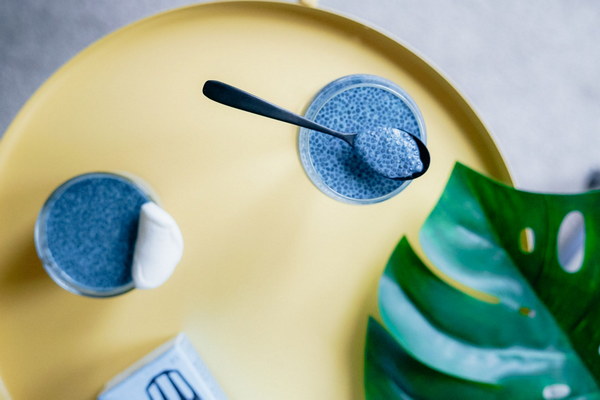Revitalize Your Liver A Journey Through Nutritional and Lifestyle Choices for Optimal Health
Introduction:
The liver is a vital organ responsible for filtering toxins, metabolizing nutrients, and producing bile to aid digestion. Unfortunately, due to modern lifestyles and poor dietary habits, many individuals suffer from liver-related issues. This article explores the importance of liver health and provides practical tips on how to nurture and revitalize your liver through nutritional and lifestyle choices.
I. Understanding Liver Health
The liver plays a crucial role in maintaining overall health, as it detoxifies the body, synthesizes proteins, stores vitamins and minerals, and regulates blood sugar levels. When the liver is compromised, it can lead to serious health conditions such as fatty liver disease, hepatitis, and cirrhosis.
II. Nutritional Choices for Liver Health
A. Increase Your Intake of Antioxidants
Antioxidants help protect the liver from oxidative stress and damage caused by free radicals. Incorporate these foods into your diet:
- Berries (blueberries, strawberries, raspberries)
- Leafy greens (spinach, kale, Swiss chard)
- Cruciferous vegetables (broccoli, cauliflower, Brussels sprouts)
- Nuts and seeds (walnuts, flaxseeds, chia seeds)
- Fruits like oranges, grapefruits, and kiwis
B. Consume Foods Rich in Fiber
Fiber helps reduce the absorption of toxins and cholesterol, thus promoting liver health. Include these fiber-rich foods in your diet:
- Legumes (lentils, chickpeas, beans)
- Whole grains (oats, brown rice, quinoa)
- Fruits and vegetables (apples, pears, carrots)
- Nuts and seeds (almonds, chia seeds, flaxseeds)
C. Avoid Processed and Refined Foods

Processed and refined foods contain high levels of unhealthy fats, sugars, and sodium, which can burden the liver. Minimize your intake of these foods to support liver health.
III. Lifestyle Choices for Liver Health
A. Stay Hydrated
Drinking plenty of water helps flush out toxins from the liver and promotes overall liver health. Aim for at least eight glasses of water daily.
B. Limit Alcohol Consumption
Alcohol is a significant contributor to liver disease. Limit your alcohol intake or avoid it altogether to protect your liver.
C. Exercise Regularly
Regular physical activity improves liver function and aids in weight management, reducing the risk of fatty liver disease. Aim for at least 150 minutes of moderate-intensity exercise or 75 minutes of vigorous-intensity exercise per week.
D. Get Adequate Sleep
Poor sleep can affect liver function and increase the risk of liver disease. Aim for 7-9 hours of quality sleep each night.
E. Manage Stress
Chronic stress can harm the liver. Practice stress-reducing techniques such as meditation, yoga, or deep breathing exercises.
Conclusion:
Liver health is essential for overall well-being. By adopting a balanced diet rich in antioxidants, fiber, and vitamins, along with a healthy lifestyle, you can support your liver's function and reduce the risk of liver-related diseases. Take charge of your health and prioritize liver wellness today!









